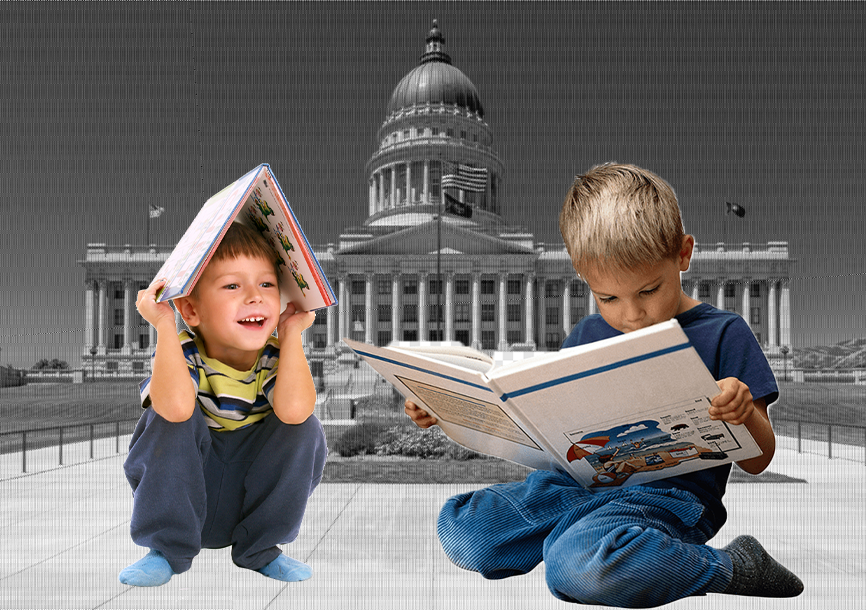Kincart: We Must Reimagine Preschool Programs
March 31, 2022
I remember attending a preschool that prioritized the arts. I spent my preschool experience in music, acting, dance and art classes. My parents wanted me and my brother to learn in an environment that encouraged creative thinking — and what better way to learn that than an arts education. I’m also the child of parents who work in education and have only known a world where education, pre-K through college, takes priority. However, a recent study found that students who attended pre-K were less likely to get higher test scores in third through sixth grade. This challenged so much of what I knew to be true and led me to thoughtfully consider how to improve pre-K programs. To promote childhood success, we need holistic pre-K programs that are accessible to everyone.
The aforementioned study was conducted by Dale Farran and other co-authors at Vanderbilt University. It followed 2,990 children in low-income families who applied for pre-K programs. Through Tennessee’s lottery program, some children were accepted into pre-K programs and others weren’t, creating a randomized controlled study, and followed the students through sixth grade.
At the end of their first year of school, the students who attended pre-K scored higher in school readiness. But after third grade, the pre-K students did worse than those who didn’t attend pre-K. This gap only grew at the sixth grade mark. Farran herself hadn’t expected this outcome, since it counters the dominant narrative that universal pre-K will set students up for success. However, this study is the only randomized controlled trial of a statewide pre-K program. Even so, we need to grapple with its findings to improve education and better support children
The study’s findings challenge the significance of pre-K in comparing the quality of teaching that a student gets based off their socioeconomic status. High income families tend to choose play-based preschools that focus on the arts and nature. But lower income families may be stuck with teachers who are unprepared to teach such young learners, so their education mainly consists of worksheets and lectures. As a four-year-old, I wouldn’t have been excited for school if I had to do worksheets. Instead, I had dance classes and a school play that kept me motivated.
My pre-K experience led to years of dancing, singing and acting, which acted as major stress relievers throughout my education. Arts education may not directly increase standardized test scores, but it does help with mental health, confidence levels and life skills. For example, the artists I studied in preschool and the projects that accompanied them still follow me to this day. I still associate the works of Jackson Pollock with dipping marbles into paint and rolling them onto paper. I’m grateful my parents could afford an arts preschool, but not everyone can. We must make it possible for every student to have these opportunities.
Let’s give all pre-K students the opportunity to play. Universal pre-K programs can help improve classroom diversity and alleviate funding concerns for families unable to pay for preschool. About 25-50% of Utah children don’t have access to quality pre-K, and only some school districts offer preschool. Utah has one of the worst early childhood education systems and ties last in the nation with Wyoming and Idaho when it comes to reported spending per child. The Biden Administration has made tackling universal pre-K a priority in their social agenda, which will hopefully help combat these educational disparities across the country.
This study doesn’t mean pre-K is bad, but it highlights the need to ensure kids receive a quality pre-K education. Utah has a thriving arts scene and prioritizes family values in many of their policies. We need to utilize community partnerships with our arts community to enhance the education of pre-K students. Pre-K students should have a chance to learn mobility skills through dance and grow familiar with reading through plays. Instead of drilling kids on reading as pre-K students, let them play and develop a passion for the arts. We can learn from the Tennessee study and apply it to funding pre-K that takes a holistic approach to education.
I credit so much of my academic success to skills learned in my arts-based preschool. I hope to make these programs public and accessible to everyone. Utah, especially, should lead efforts to reimagine pre-K. Education is so much more than worksheets, books and writing.








